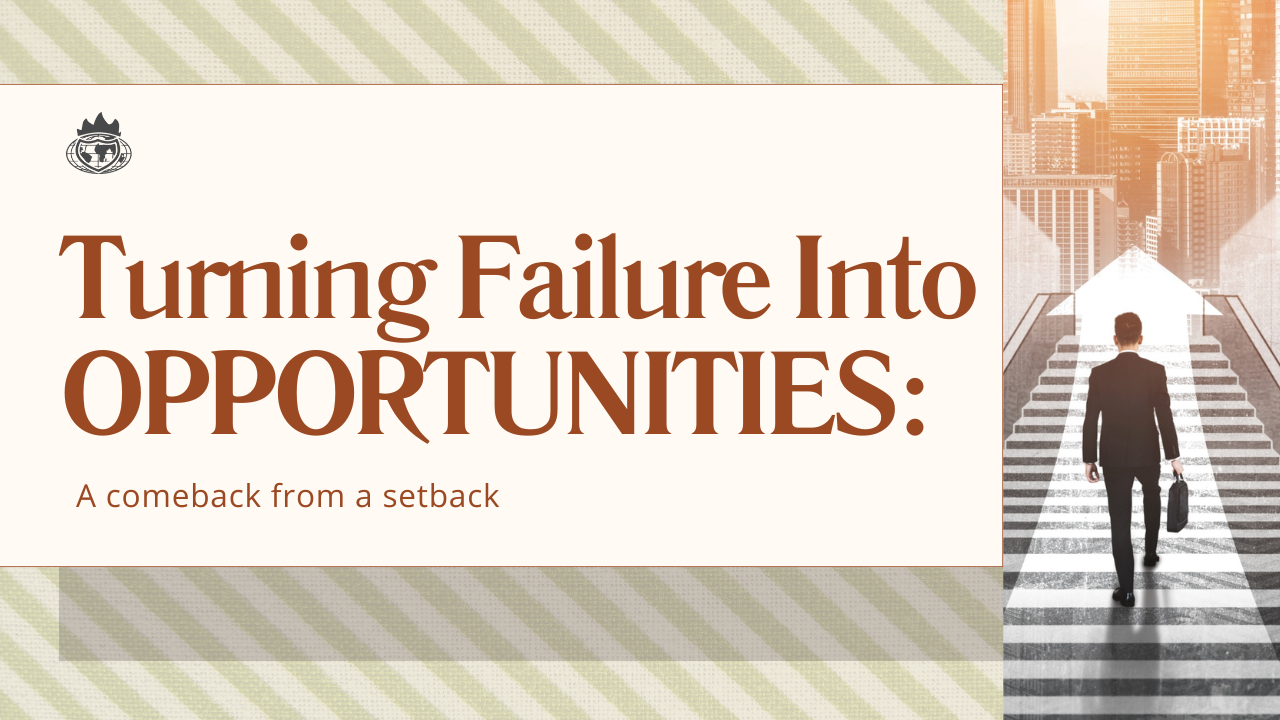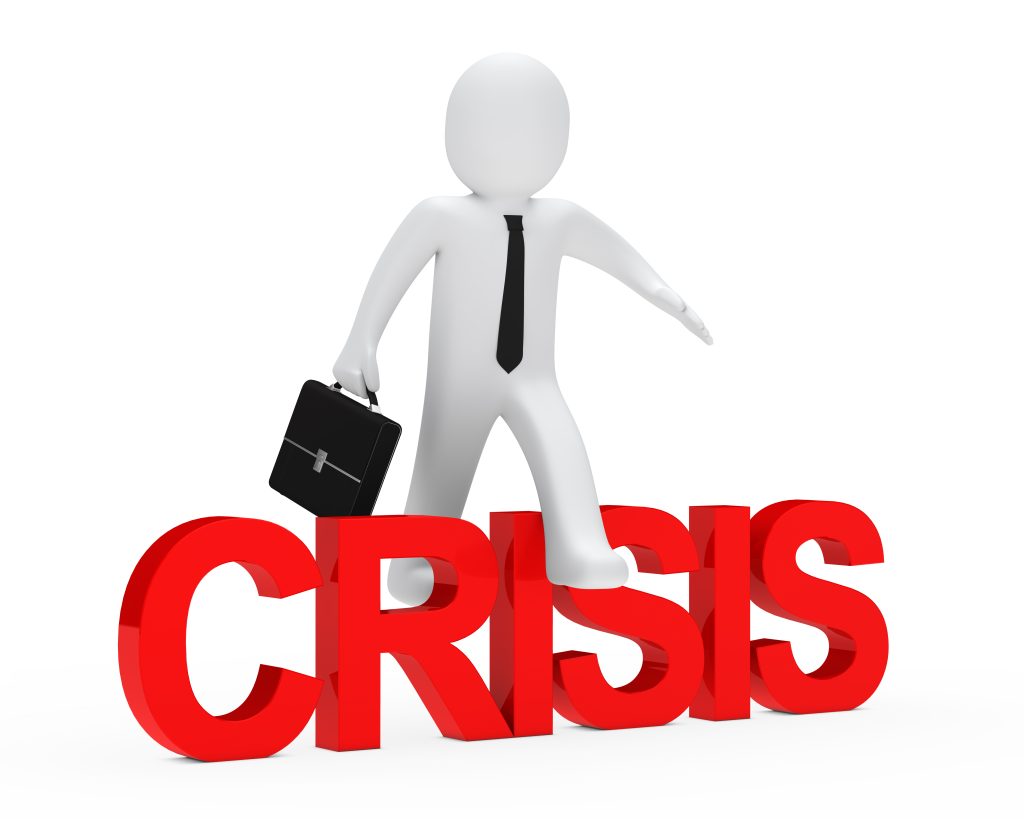A comeback from a setback.

“I will never touch it again!” Titi cried out, her hand gripping the cold steel railing.
She turned to Alice, her business partner of five years. Both were silent. The numbers didn’t add up again.
Titi and Alice had met at a business conference. Their first conversation flowed easily, revealing they shared similar values, visions, and entrepreneurial dreams. Soon after, they formalised a partnership and began what they believed would be a world-changing project.
But after three years of research, testing, and tireless building, it seemed as if nothing was working. Their latest product launch, one they believed would finally make the breakthrough, crashed before it even began. Investors pulled out. The calculations were flawed. And now, here stood Titi, torn between giving up and trying again.

Have you ever been there? Something you had high hopes of succeeding in suddenly comes crashing right before your eyes, and at that point, it feels like you’ve crashed with it. It must have felt devastating and frustrating, right? There is a comeback from a setback. Read on…
What is failure?
Failure is more than a missed goal or a rejected proposal. It cuts deeper. It frustrates effort, wounds confidence, and if left unchecked, can paralyse purpose. But to grow from it, you must first redefine it. Here are four powerful definitions of failure:
- Failure is the inability to meet a set goal or expectation, often resulting in disappointment, delay, or a need for redirection.
- Failure is not the opposite of success but a step towards it.
- Failure is the first attempt in learning.
- Biblically, failure is disobedience—choosing to walk outside of God’s will. James 4:17

Now that we’ve defined failure, how do you bounce back?
1. Understand What Failure Really Is
Failure is a façade; it’s loud, but it’s not final. When you understand that, you’ll no longer give it more power than it deserves. Proverbs 4:7 reminds us, “Wisdom is the principal thing; therefore, get wisdom. And in all your getting, get understanding.”
2. Acknowledge It
What you refuse to acknowledge, you cannot grow from. Don’t deny it. Don’t pretend it didn’t sting. Own it, but don’t sit in it. You’re not a failure; the attempt failed. There’s a difference.
3. Ask the Right Questions
Not “Why me?” but “Why did this happen?” Shift from emotional reaction to investigative reflection.
4. Build Better Systems
If you failed without a system, create one. If you failed with a system, upgrade it.
5. Learn from Those Who’ve Been There
Connect with mentors who’ve walked that path. Many have failed hard, but risen again. Their scars hold wisdom. Reach out, learn to ask questions and submit your process for guidance. Your next level may be hidden in someone else’s story.
Failure is not the end; it’s the classroom before your graduation, the gym before your spiritual strength shows and the pruning before your fruitfulness.

Don’t stay buried in regret. Don’t allow one failed relationship, job, idea, or attempt to define your worth. The enemy wants you stuck in shame, but God invites you into purpose, up from the ashes of failure. Will you take up that invitation today?
